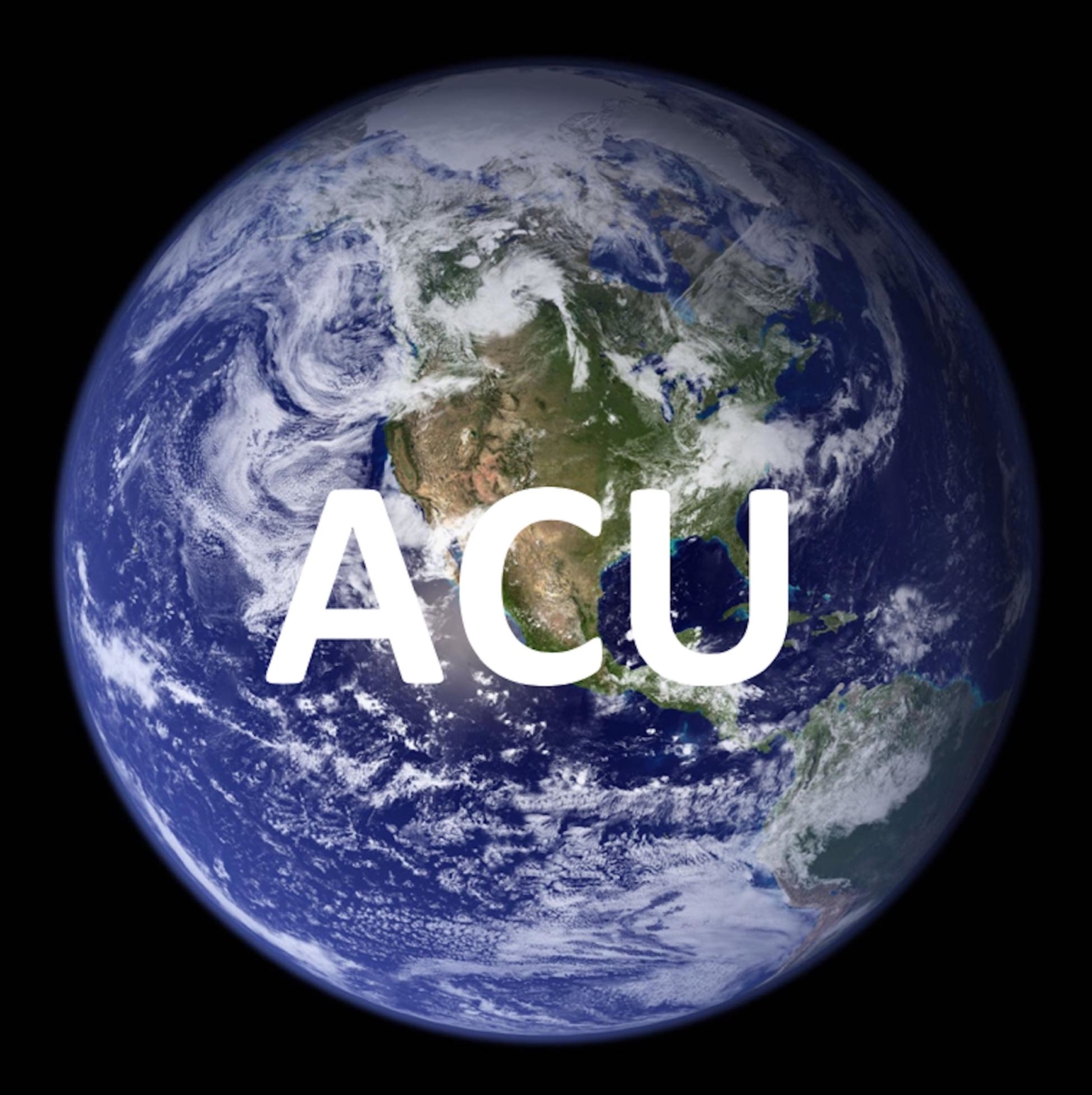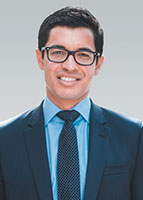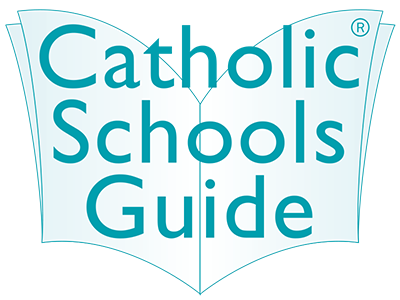News and Media

ACU and The Global Village by Professor Michael Ondaatje
This is an exciting time to study at Australian Catholic University (ACU). The University is only 28 years old, but already we rank in the top 3% of all universities worldwide. ACU’s star is rising and our outstanding graduates are leaving their footprint on the world.
This momentum is exemplified by the National School of Arts at ACU, where world-class researchers come together with award-winning teachers to provide an exceptional educational experience for students that sets them up for life. In 2017, ACU was ranked in the top 2-3% of universities for Arts and Humanities worldwide. This achievement is evidence of the University’s growing reputation for excellence in a range of disciplines, most notably History, Politics, International Relations, Sociology and Literature. At ACU, the future of Arts looks very bright indeed.
This success notwithstanding, doubts persist in some quarters about the value of studying the Arts, Humanities and Social Sciences at university. Historically, students who expressed an interest in doing a BA were asked why, the assumption being that it was an indulgent pursuit that wouldn’t lead to a clearly-defined job. While old attitudes die hard, the world has changed almost beyond recognition. In today’s ‘global village’, where core human values will shape the tide of technological innovation, the old stereotypes about Arts look woefully outdated.
The evidence for the ‘real world’ value of Arts is compelling. In Australia today, Arts graduates have lower unemployment than the national rate and higher mid-career salaries than Science graduates. But they are also thriving internationally, with qualities that are highly prized by global employers in the workforce of the twenty-first century. Who would have thought that 60% of industry leaders in the United Kingdom had completed a Humanities, Social Sciences or Arts degree at university?
Consider this too. Young people today will experience about seven career changes in their lives. This means that a vocational degree – leading to one clearly-defined job – may no longer be the most practical choice for students. When government or industry signals that they are on the lookout for well-rounded graduates who can apply their skills in new ways to meet new challenges, this should be music to the ears of prospective Arts students because this is the greatest strength of Arts graduates.
The best thing about Arts graduates is they keep on learning. They understand context, communicate clearly and respond well to change. They are also outward looking, equipped to engage with diverse cultural perspectives, locally and globally. In a modern job market that values flexibility and diversity above all else, Arts graduates stand out as both ‘work ready’ and ‘world ready’. It is not surprising that so many people who have carved out successful careers in law, politics, journalism, business, government, education and the creative industries have studied the Humanities and Social Sciences at university.
But what makes Arts at ACU so special? Why might students choose to study with us? Some will no doubt be attracted by our rising profile – the fact that we have been recognised for excellence in international rankings. Others will be drawn to our student-centred learning environment – an environment characterised by small class sizes, flexible pathways through our degrees and engaging teaching staff who know their students’ names, provide personalised learning support and celebrate their students’ successes. For still others the key appeal will be our graduate outcomes – our reputation for producing exceptional graduates who engage the world with confidence and purpose.
In Arts at ACU, the world is our classroom. We recognise that the modern workforce requires globally focused citizens who understand different worldviews, are cross culturally competent and empathise with the life experiences of different peoples. In addition to an engaging curriculum informed by contemporary international issues, we offer our students rich opportunities to further their studies overseas. From semester-long exchanges with one of our 90 international partner universities, to intensive units of study taught by ACU staff in locations such as New York, Rome, London, Venice and Beijing, 200 Arts students at ACU have benefited from international learning experiences over the past year. These students have discovered that studying overseas is a transformative learning experience that builds their confidence, broadens their perspectives and gives them an edge in the global job market.
While becoming ‘work ready’ is a key outcome of studying Arts at ACU, developing socially aware and ethically-minded graduates who aspire to use their knowledge and skills in the service of others is at the core of what we do. Students in the School of Arts are encouraged to recognise and help ameliorate disadvantage in local and global contexts. For example, in our core second-year community engagement unit, we encourage students to see how urgent ‘global problems’, such as poverty, exist in our own communities. This year students in this unit have participated in the Big Idea Competition – ‘Australia’s leading social enterprise immersion and competition for university students’. There, they have had the opportunity to apply the research, critical thinking and problem-solving skills developed in their Bachelor of Arts degree to come up with actual solutions to real-world problems. This is precisely the kind of ‘hands-on’ experience that future employers will be looking for.
ACU’s National School of Arts is gearing up for an exciting few years ahead. Our offerings are expanding to include innovative new degrees in diverse areas, including global politics and creative practice; we have study tours planned for Rome and New York; and we are welcoming a large number of new teaching staff who will further enrich our expertise in history, politics and international relations, and sociology. Our School is a lively intellectual community for students who wish to engage with pressing global issues and who aspire to make the world a better place.

Michael Ondaatje is National Head of Arts, and Professor of History, at Australian Catholic University (ACU). Professor Ondaatje is a prize-winning researcher in American history, and in 2012, was awarded the Max Crawford Medal, ‘Australia’s most prestigious award for achievement and promise in the humanities’. He is also the winner of several teaching awards at the national and university level, including an OLT Award for Teaching Excellence and an OLT Citation for Outstanding Contributions to Student Learning.
A regular political commentator on radio and television, Professor Ondaatje’s writing has also appeared in The Independent (UK), Sydney Morning Herald, Age, Australian Financial Review, Newsweek Japan, and in many other outlets. He was recently selected by the US Embassy in Australia for the International Visitor Leadership Program, the premier professional exchange program of the US government, and has previously been a Senior Visiting Fellow at the University of Oxford. Professor Ondaatje is currently a member of the ACU Senate.

